Musgrave Angus: Capitalist 316, New Bull Lines & Breeding for the Future
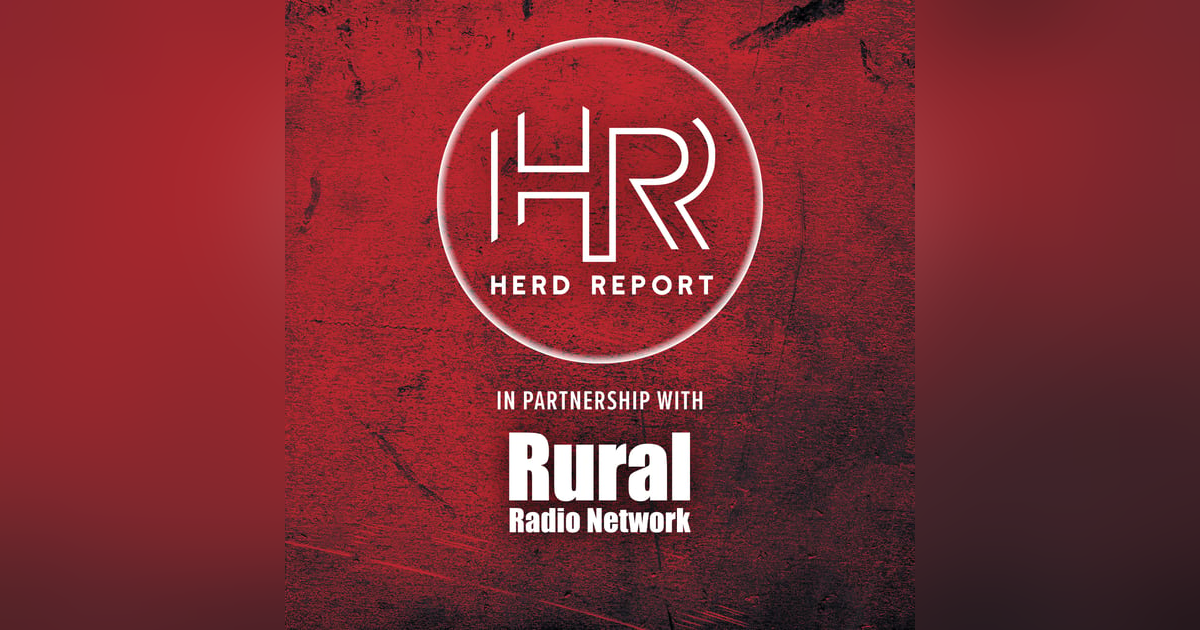
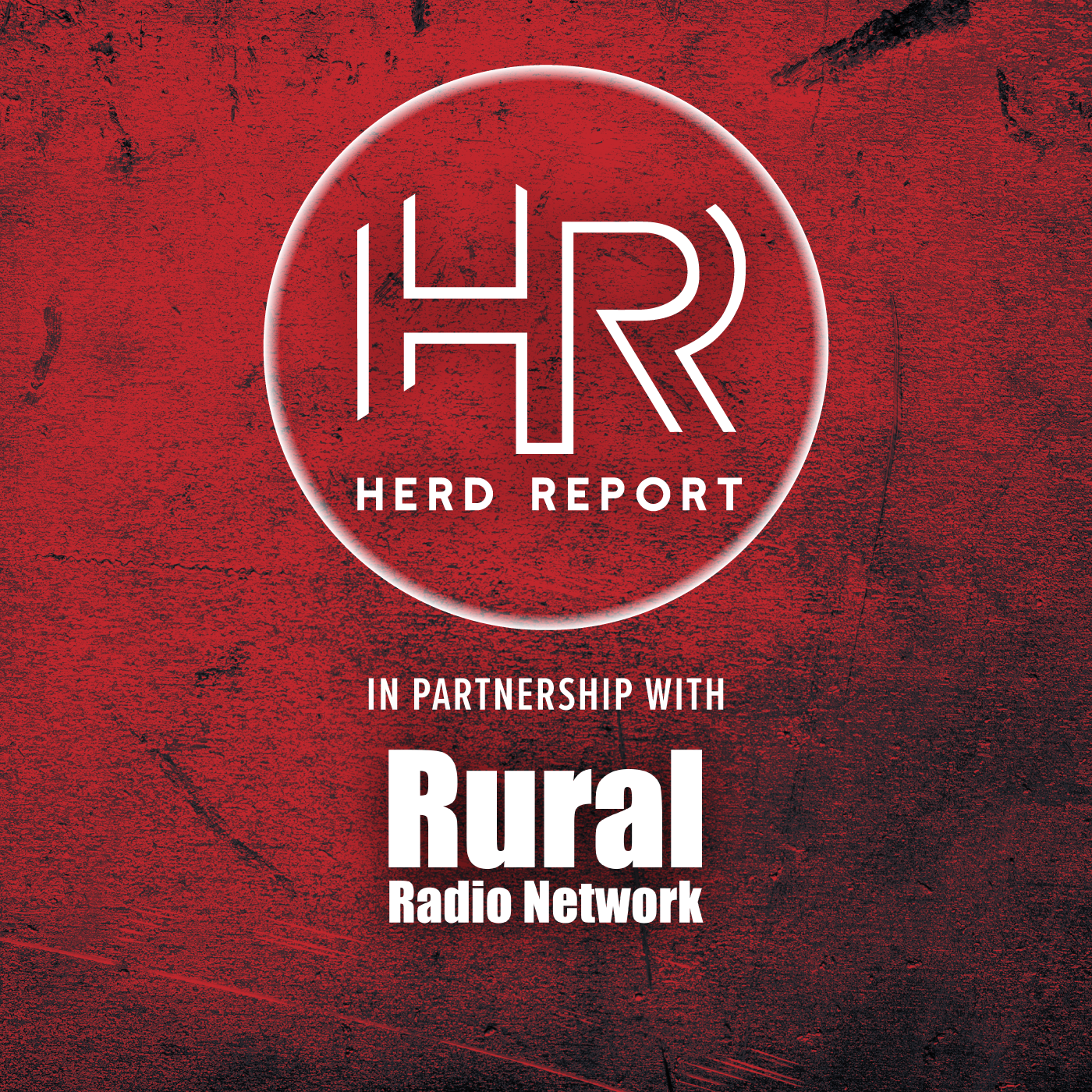
Scott Beck joins Melvin, Tyler, and Eli Musgrave for a conversation on the history and future of Musgrave Angus. They explore the influence of Capitalist 316, the promise of new lines like OG and New Trend, and why soundness and phenotype matter in breeding decisions. The discussion also looks ahead to upcoming sales and community engagement—and wraps up with a challenge for listeners to design the “ideal” animal by combining top traits.
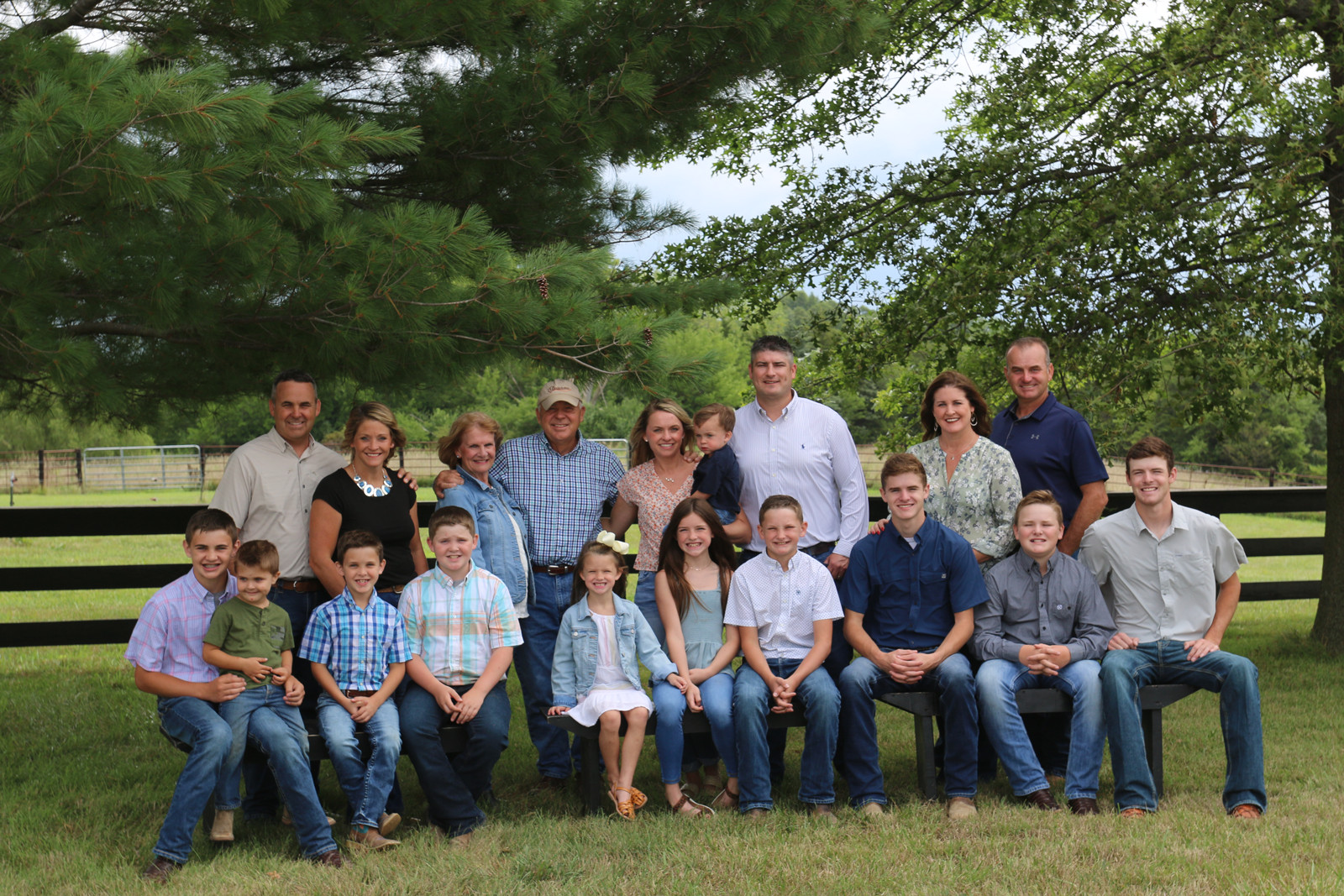
Owner
Raising Angus cattle isn’t a lifestyle, but rather a business allowing someone to live a life they are passionate about. We thrive to raise quality, sound, no-nonsense breeding stock with a common-sense approach. Our family has been blessed to have sold seedstock, semen, and embryos worldwide, but hard-working bulls and females for commercial beef production is the mainstay for our operation.
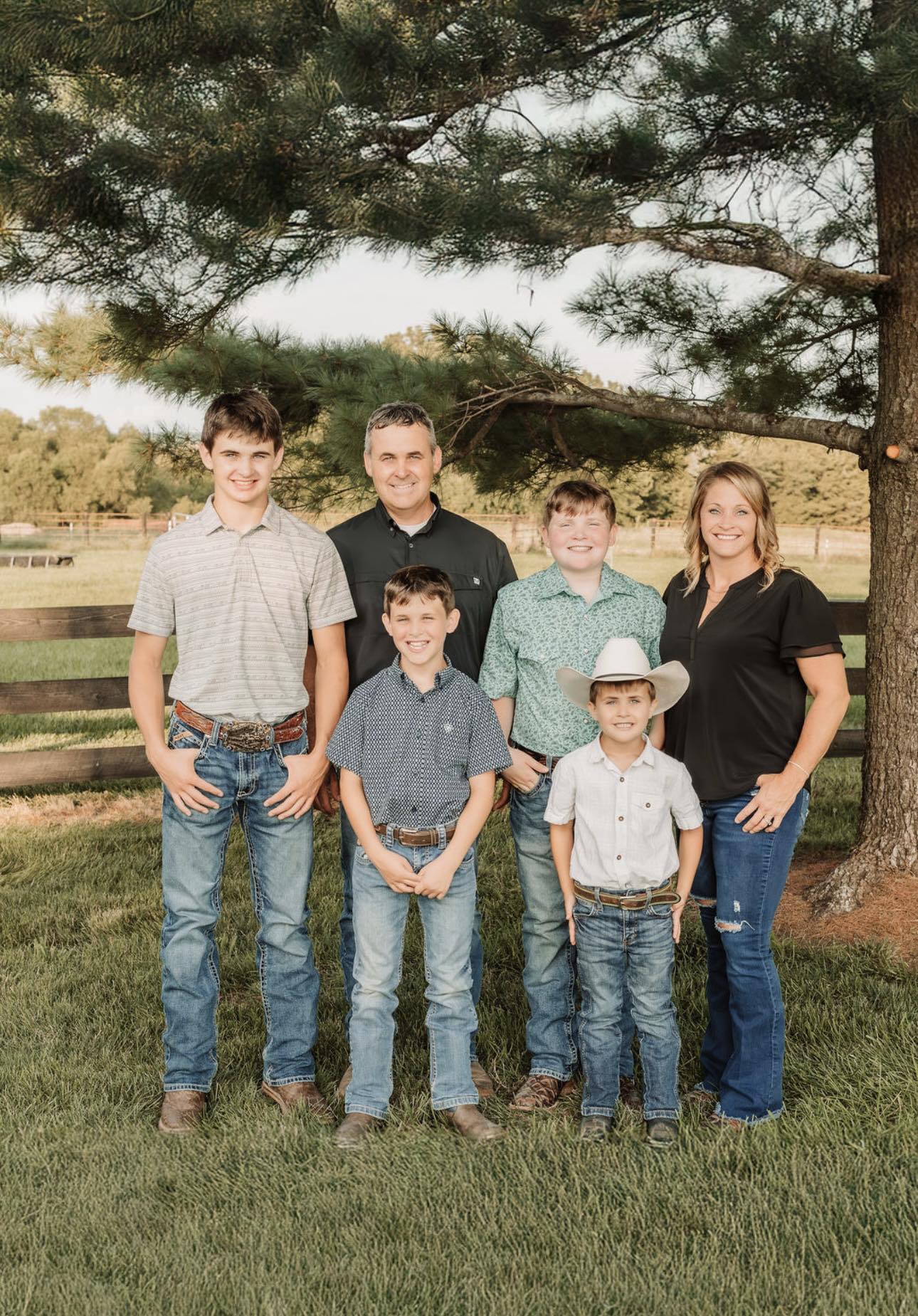
Owner
Since 1961, Musgrave Angus has been breeding and selecting cattle that work in the "fescue" grass environment; perform and breed under the stress of a humid climate. We believe that good cattle start from the ground up and have always been critical on fleshing ability, structure and phenotype. Today you can find our genetics working around the world in both purebred and commercial sectors of the industry. As we face swings in the cattle industry our focus remains the same in producing a superior product that can improve our customers' bottom line.
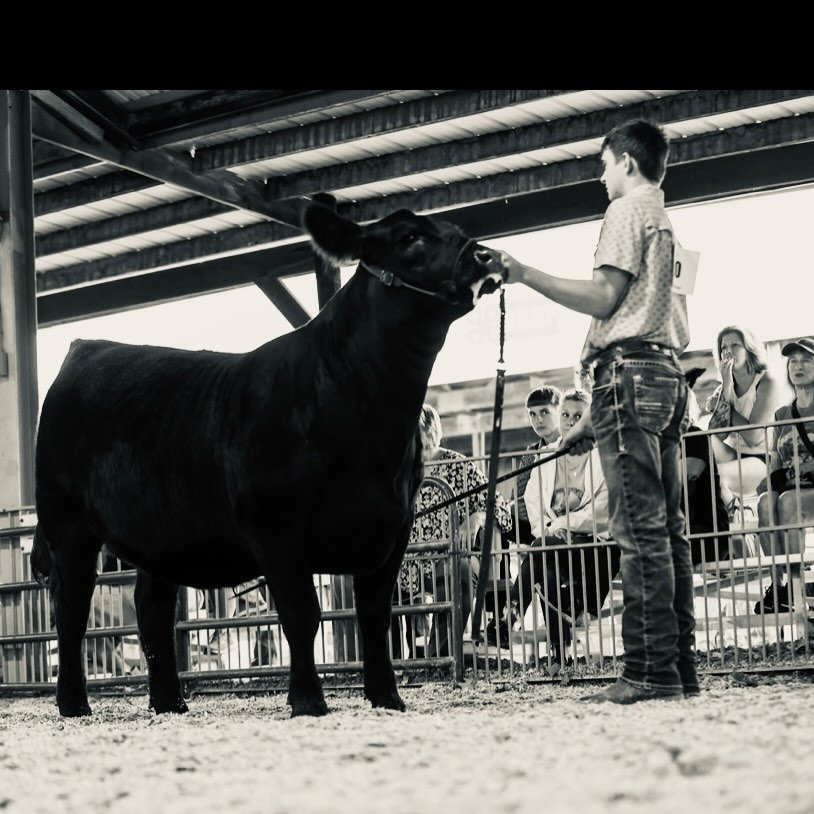
Grandson/Son
Musgrave Angus is a practical working farm-operation located in Pike County, Illinois, legendary for white tail deer, outdoor recreation, and beautiful rolling landscape. Pike County is located on the highlands between the Illinois river on the eastern border, and the Mississippi river on the west. The county has a total area of 849 square miles, of which 831 square miles is land and 18 square miles is water, making it the second largest county in Illinois. This provides a great environment to raise livestock and at one time Pike County was the hog capital of the world. Since its founding in 1821, Pike County still remains a rural farming community with a population of merely 16,000.

